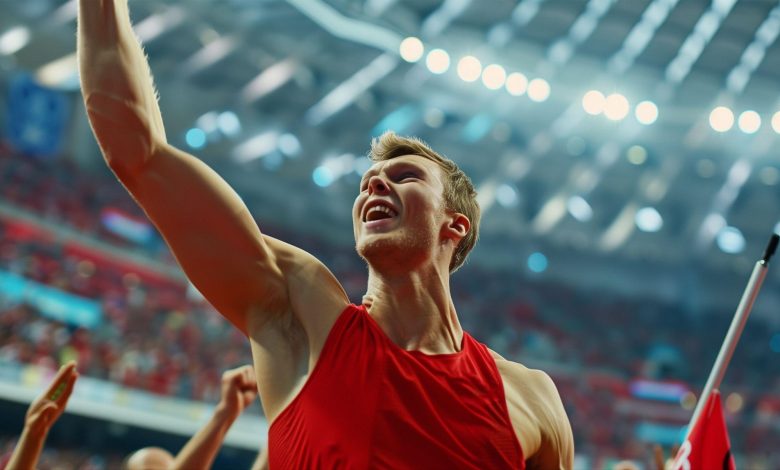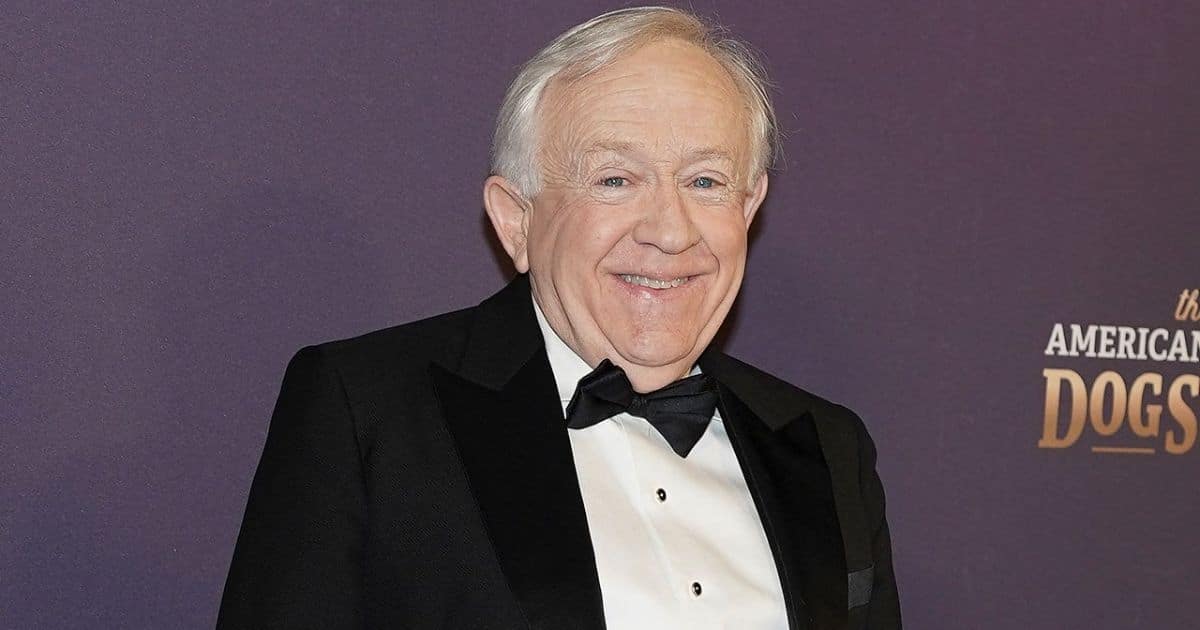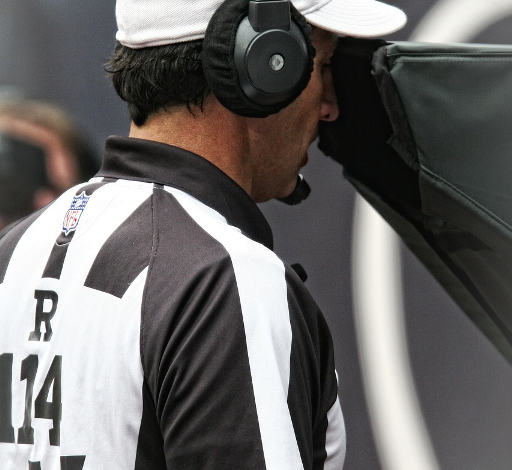
Artificial Intelligence is shaking things up in sports just like it is everywhere else. It’s not just about making training better or crunching numbers; AI is becoming a game-changer for athletes at all levels. Let’s dive into how AI is revolutionizing sports with some real-world examples.
AI and Training: A Winning Combo
AI is totally transforming how athletes train. It’s all about personalizing workouts to fit individual needs and goals. By looking at things like performance stats, biomechanics, and overall fitness, AI can suggest training routines that boost performance and cut down on injuries.
For those interested in creating and sharing cool AI solutions, platforms like Opuna are a great spot to start. Opuna is a digital marketplace that lets you sell custom training bots and other AI products made to meet athletes’ unique needs. It’s a perfect way to connect with coaches and athletes looking to up their game with the latest tech.
One awesome example is AI-powered wearables. These gadgets track an athlete’s movements and give real-time feedback on their form. This helps them tweak their technique on the fly, which reduces injury risk and boosts performance.
AI can also create virtual training environments that simulate game scenarios. This helps athletes mentally and physically prepare for real competitions. Plus, by analyzing past performances, AI can suggest tweaks to strategies and techniques to keep athletes at their best.
AI in Sports Analytics: Smarter Insights
Teams and sports organizations are turning to AI to get an edge through data analysis. AI helps gather and process tons of data, offering insights that were once out of reach. For example, AI can dig through game footage to spot patterns and predict future outcomes.
Manchester City and Bayern Munich are using AI to fine-tune player performance and game strategies. These systems break down every detail of the game, from player positions to ball movement, giving coaches detailed insights for better decisions.
And it’s not just for the pros. Amateur athletes can also use AI tools to get personalized feedback based on their performance data.
AI in Athlete Rehab: Faster Recovery
AI is making a big difference in rehab for injured athletes. Instead of the old trial-and-error approach, AI offers data-driven insights that speed up recovery.
Companies like Kitman Labs use AI to analyze an athlete’s injury history, biomechanics, and recovery progress. Their tools can create customized rehab programs that cut down recovery time and lower the risk of re-injury.
For example, AI can monitor an athlete’s rehab sessions and adjust the exercise intensity in real-time. This ensures they’re working just hard enough, which helps them recover faster. Some studies show AI-driven rehab tools can cut recovery time by up to 30%.
AI and the Fan Experience: More Fun for Fans
AI isn’t just for athletes; it’s also making sports more exciting for fans. AI-driven platforms offer personalized content like custom highlights, real-time stats, and interactive fan zones. These platforms analyze fan behavior to create a more engaging experience.
For instance, AI chatbots are helping sports teams interact with fans by answering questions and providing game info. Virtual reality (VR) powered by AI lets fans feel like they’re right there in the stadium, even if they’re miles away.
AI is also creating virtual fan zones where supporters can hang out with each other and their favorite teams in real-time. These spaces are becoming super popular as they let fans connect no matter where they are.
Conclusion
AI is making a huge impact on sports, from improving training and data analytics to speeding up rehab and enhancing fan engagement. As AI continues to evolve, its role in sports will only grow, opening up new opportunities for everyone involved.
Whether you’re an athlete, coach, or sports fan, embracing AI is key to staying ahead. It can lead to better performance, smarter strategies, and a stronger connection with the sport you love.
Frequently Asked Questions
How does AI help improve the training process?
AI tailors training programs to an athlete’s data, providing real-time feedback and adjustments to boost performance and cut down on injuries.
What are some successful examples of AI solutions in sports?
Teams like Manchester City and Bayern Munich use AI to optimize player performance. AI rehab tools from Kitman Labs are also great at speeding up recovery.



